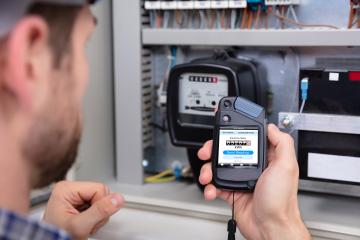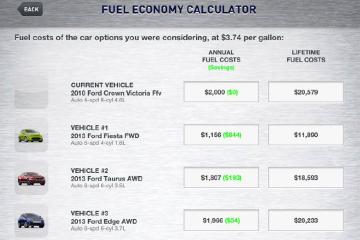J-PAL North America Evidence for Climate Action Project
Generating evidence to identify and advance equitable, high-impact policy solutions to climate change in the United States.

The United States is currently the second largest emitter of greenhouse gasses in the world. Structural discrimination has led low-income populations and people of color to disproportionately experience a range of climate change-related hazards in both the United States and around the world, including air and water pollution, loss of livelihoods, and increased risk of harm from extreme weather events. Reducing US greenhouse gas (GHG) emissions is therefore essential to addressing the dual global challenges of poverty and climate change.
Currently, US state and local governments are enacting programs across the country to promote decarbonization in areas ranging from transportation and land use, to building and facilities energy, to forests and agriculture. However, more research is needed to understand the impacts of policies and programs seeking to reduce emissions.
Evidence for Climate Action Project
Through the Evidence for Climate Action Project, J-PAL North America aims to generate evidence to identify and advance equitable, high-impact policy solutions to climate change in the United States. J-PAL North America will convene an influential network of government leaders, academic researchers, and other key policy partners to launch successful researcher-practitioner partnerships and rigorously evaluate promising decarbonization programs.
In spring 2025, J-PAL North America launched our Climate Action Learning Lab as a component of the Evidence for Climate Action Project. The Lab provides customized workshops and trainings, connections to academic researchers, and peer learning opportunities to strengthen the long-term capacity of climate leaders to utilize rigorous evidence in advancing effective climate solutions.
Sign up to receive updates on new offerings as they become available.
Offerings
Projects
Self-Managed Energy Assistance: Reimagining LIHEAP Delivery
Location: Illinois
Enhancing Equity and Sustainability in Utility Assistance Programs
Location: Philadelphia, Pennsylvania
Using Remote Sensing to Reduce Heavy-Duty Truck Emissions in California
Location: California
Wildfire Risk and Self-Protective Investment
Location: Jackson County, Oregon
Evaluation, Performance, and Analytics (San Diego, CA)
Location: San Diego, CA
Location: New Jersey
Featured Resources
Project Team
Leadership
Scientific Advisor - Peter Christensen, University of California, Santa Cruz
J-PAL Staff
Erin Graeber - Energy, Environment, and Climate Change (EECC) Sector Lead
Kate Christie - Senior Policy and Research Associate
Laura Romero Ayala - Senior Policy Associate







